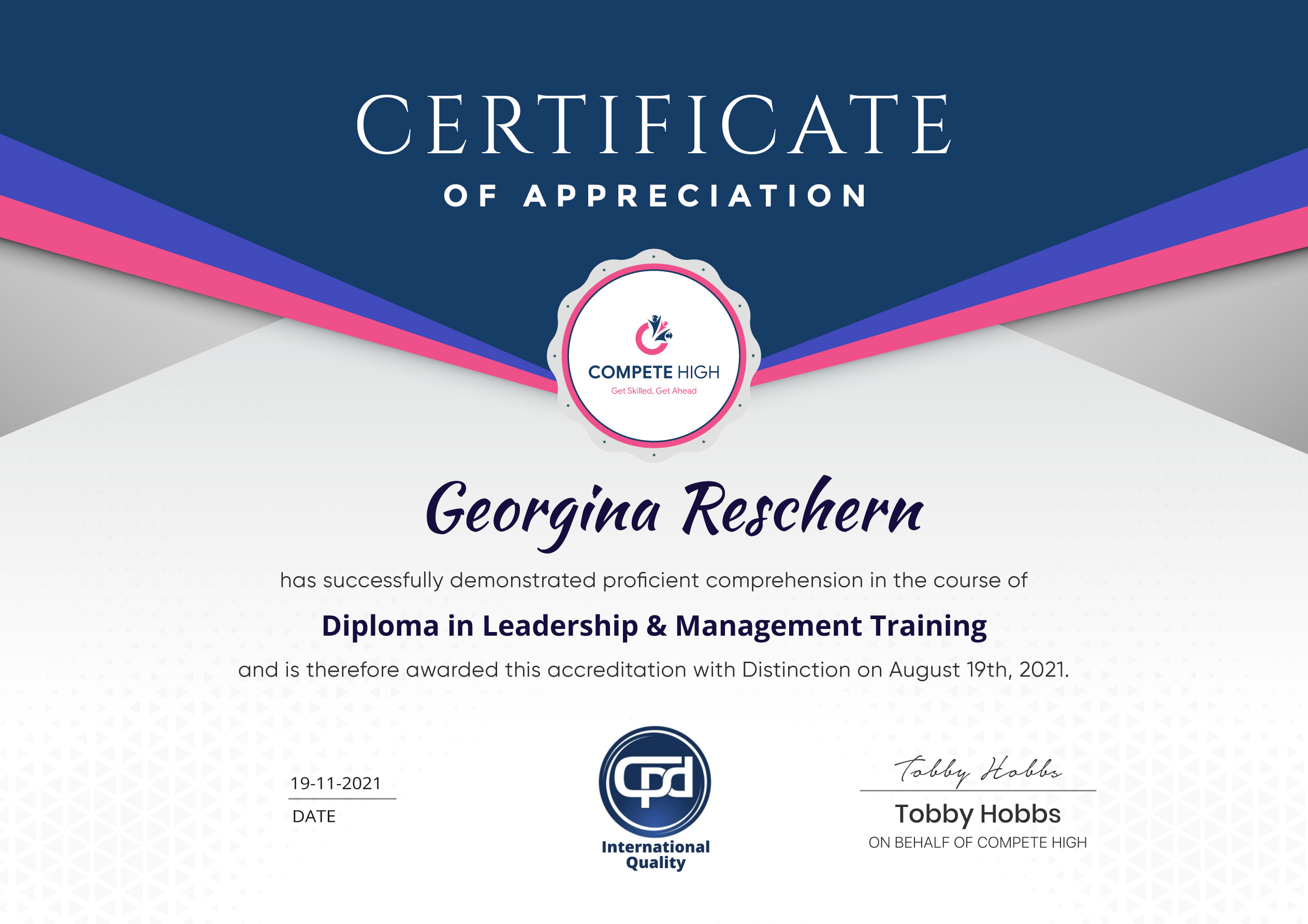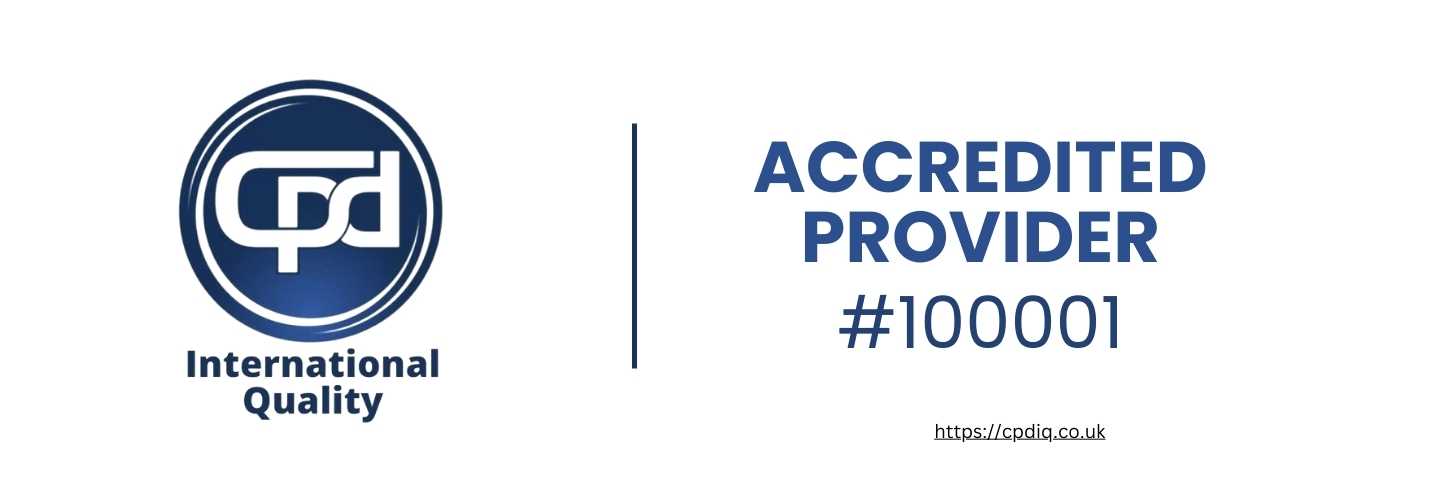Museum
BLACK FRIDAY SPECIAL! 1500+ COURSES AT ONLY £99 FOR LIFE. FIND OUT MORE
Museum
🏛️ Museum Course Overview 🏛️
Step into a world of wonder, history, and knowledge with the Museum course! Museums are treasure troves of cultural, artistic, and historical significance, offering insight into the past, present, and future. If you’re passionate about history, culture, art, or learning, a museum course can be your gateway to unlocking the mysteries behind these institutions and their collections.
Whether you’re curious about how museums operate, how exhibitions are curated, or simply want to immerse yourself in the world of art and history, this course provides an engaging, hands-on experience that will leave you inspired and informed. 🖼️
Why Take a Museum Course?
Museums play a vital role in preserving the heritage of societies across the globe. Learning about them helps broaden your understanding of cultural institutions, enhances your appreciation for art, and can even open doors to exciting career paths. Here are some reasons why taking a Museum course can benefit you:
- Cultural Enrichment: Museums are filled with artifacts, artwork, and exhibitions that provide deep insights into various cultures, histories, and civilizations. This course will give you the tools to better understand and appreciate the stories that museums tell.
- Broaden Your Worldview: As you dive into the content offered in this course, you’ll gain knowledge of different cultures, historical events, and artistic movements. This helps to create a more well-rounded perspective on the world and its diverse heritage.
- Understand Museum Operations: Ever wondered how museums organize their exhibits, manage collections, or create impactful visitor experiences? This course can provide a behind-the-scenes look at the intricacies involved in running a museum.
- Sharpen Critical Thinking Skills: Museums encourage visitors to engage with objects and art on a deeper level. This course will help you refine your analytical thinking, allowing you to draw connections between various cultural, historical, and artistic themes.
- Gain an Appreciation for Preservation: Museums are not just about displaying art and artifacts—they play a critical role in preserving heritage for future generations. This course will help you understand the importance of preservation, conservation, and the ethical responsibilities tied to this work.
- Enhance Communication and Storytelling Abilities: Museums are spaces where stories come to life. Learning how exhibitions are crafted and curated can sharpen your storytelling skills, whether you’re explaining complex historical events or conveying powerful narratives through art.
- Inspire Creativity and Innovation: The world of museums is ever-evolving, with new forms of engagement and presentation being developed constantly. By taking a Museum course, you can tap into this creative energy and apply it to your personal projects or professional life.
Who Is This For? 🌍
The Museum course is perfect for anyone with a passion for culture, history, and education. Whether you’re looking to deepen your knowledge of art or learn about the behind-the-scenes workings of museums, this course caters to a wide range of interests and experience levels. Here’s a closer look at who this course is ideal for:
- Art and History Enthusiasts: If you’ve always been fascinated by art, culture, or history, this course offers you a deeper dive into these topics. You’ll walk away with a greater understanding of the role museums play in preserving and presenting the world’s heritage.
- Aspiring Museum Professionals: Whether you’re looking to become a curator, archivist, or museum educator, this course offers foundational knowledge that can help you get started in the museum field.
- Students and Educators: This course is perfect for students and teachers alike. Whether you’re studying history, art, or cultural studies, or you’re an educator looking to enhance your lessons with museum-based content, you’ll gain valuable insights that can be applied in the classroom.
- Cultural Explorers: If you love to travel and immerse yourself in different cultures, this course can offer you a fresh perspective on how museums serve as cultural hubs. You’ll be better equipped to engage with museum exhibitions during your travels.
- Event Organizers and Planners: Museums frequently host special events, exhibitions, and educational programs. This course is a great resource for anyone interested in event planning or organizing within a cultural institution.
- Lifelong Learners: If you’re someone who loves to learn and is constantly seeking new knowledge, a museum course provides a fascinating way to engage with history, culture, and art.
Career Path 🎨
Taking a Museum course doesn’t just enrich your understanding of culture and history—it can also open up a variety of exciting career paths. The skills and knowledge gained through this course can be applied in numerous fields, many of which allow you to work directly with cultural institutions, art, and historical artifacts. Here are some career options that can stem from completing this course:
- Museum Curator: As a curator, you’ll be responsible for selecting, organizing, and interpreting collections within a museum. This course provides a foundation in understanding how museums acquire and present artifacts, and what it takes to curate engaging exhibitions.
- Museum Educator: Museums are key educational resources, and as an educator, you can help design and lead programs that make the collections more accessible to the public. Whether through tours, workshops, or special programs, you’ll be responsible for translating museum content into educational experiences.
- Archivist or Collections Manager: Museums house vast collections of objects, artworks, and historical artifacts. As an archivist or collections manager, your job would be to oversee the proper care, preservation, and documentation of these collections.
- Exhibition Designer: Creating compelling, immersive exhibitions is an art form in itself. This course can help you understand how museums design their exhibitions, sparking your creativity to pursue a career as an exhibition designer.
- Conservator: Preserving artifacts and artworks is a crucial part of museum work. As a conservator, you’ll be responsible for ensuring that these objects are maintained in pristine condition for future generations.
- Event Planner: Museums frequently host events, from educational workshops to gala fundraisers. A museum course can equip you with the skills needed to plan and coordinate cultural events within these institutions.
- Tour Guide or Docent: Museums rely on knowledgeable individuals to guide visitors through their collections. With a museum course, you can become a tour guide or docent, helping to bring exhibitions to life for the public.
Frequently Asked Questions (FAQ) 🤔
1. Do I need prior knowledge about art or history to take this course?
No prior knowledge is required! The Museum course is designed for both beginners and those with some experience. It covers a wide range of topics that are accessible to learners of all levels.
2. Will I learn about how museums are run behind the scenes?
Yes! This course offers an introduction to the internal operations of museums, including how exhibitions are curated, how collections are managed, and the various roles within museum teams.
3. Can this course help me pursue a career in museums?
Absolutely. The course is a great starting point for anyone looking to work in the museum sector. You’ll gain valuable knowledge about curating, education, and museum operations, which can be applied to various museum careers.
4. Is this course focused only on art museums?
While art museums are a significant part of the curriculum, this course is designed to cover a broad range of museum types, including history, natural science, and cultural museums.
5. How long does the Museum course take to complete?
The duration of the course depends on your pace. Some people may finish it quickly, while others prefer to take their time and absorb the material in-depth. It’s designed to be flexible to fit your schedule.
6. Will I receive a certification after completing the course?
Most museum courses provide a certificate upon successful completion. This certification can be a useful addition to your resume, particularly if you’re seeking a career in the cultural or educational sectors.
7. Can I take this course if I don’t live near a museum?
Yes, you can take this course from anywhere! While visiting museums in person may enrich your learning experience, the course content is designed to be accessible even if you don’t have a museum nearby.
8. Does this course cover digital museums and virtual exhibitions?
Yes, many modern museums are expanding into the digital realm, and this course will introduce you to how museums are utilizing virtual spaces to showcase their collections and reach a global audience.
Final Thoughts 🌟
The Museum course offers a truly unique learning experience that will deepen your appreciation for the cultural institutions that preserve and present the world’s heritage. Whether you’re a lifelong learner with a passion for art and history, or someone looking to pursue a rewarding career in museums, this course has something for everyone.
You’ll walk away with a newfound understanding of how museums operate, how exhibitions are crafted, and how these incredible institutions contribute to the preservation of culture and history. From career prospects to personal enrichment, the possibilities are endless with the Museum course.
Don’t miss your chance to unlock the mysteries behind the world’s most fascinating museums! 🏛️
Extra Included :
Accredited Certificate Available
Unlimited Access and Retakes
Free Enrollment Letter Included
CPD International Quality Accredited
Meets UK & EU legal requirements
Instant e-certificate and eligibility of ordering hardcopy
Developed by Industry Experts
Learn anytime from anywhere
Use any internet-connected device
24/7 Live Support
Discounts on bulk purchases
Certification
Perfect for showcasing your skills, boosting your career, and enhancing your professional profile.
Choose the format that works best for you:
-
PDF Certificate (£9.99) – Download instantly to add to your portfolio, résumé, LinkedIn, or share on social media.
-
Printed Hard Copy (£29.99) – A beautifully designed certificate delivered to your door, ready to proudly display in your office or home.
-
Both PDF & Printed Hard Copy (£31.99) – Get the best of both worlds!

Anyone that is looking to develop their skills in the subjects of the course or improve their professional outcomes are welcome to take these courses.
Our courses are assured and accredited by several organisations including CPD IQ, IOAS, CPD Group, and more. All of our courses are CPD accredited.
You are eligible for a course certificate upon completion. In some cases, you will need to purchase the certificate. In the purchase details, you will need to include the course details. Or you could also go to this link and submit your details after purchase.
There are all kinds of contents you can find on our site. This includes PDF files, videos, and extra materials. Also, most courses come with assessments that you will need to complete.
All you have to do is buy the course. This means that you have to add the course to cart and then complete the steps to purchase. Once you have completed the purchase, you can find it in your user dashboard.
Course Contents
Course Content
Module 1 Introduction to Museums
-
Introduction to Museums
00:00
Module 2 Museum Collection Management
Module 3 Museum Exhibitions
Module 4 Museum Education Programs
Module 5 Museum Interpretation
Module 6 Museum Marketing and Public Relations
Assignment
Student Ratings & Reviews

Want to receive push notifications for all major on-site activities?












